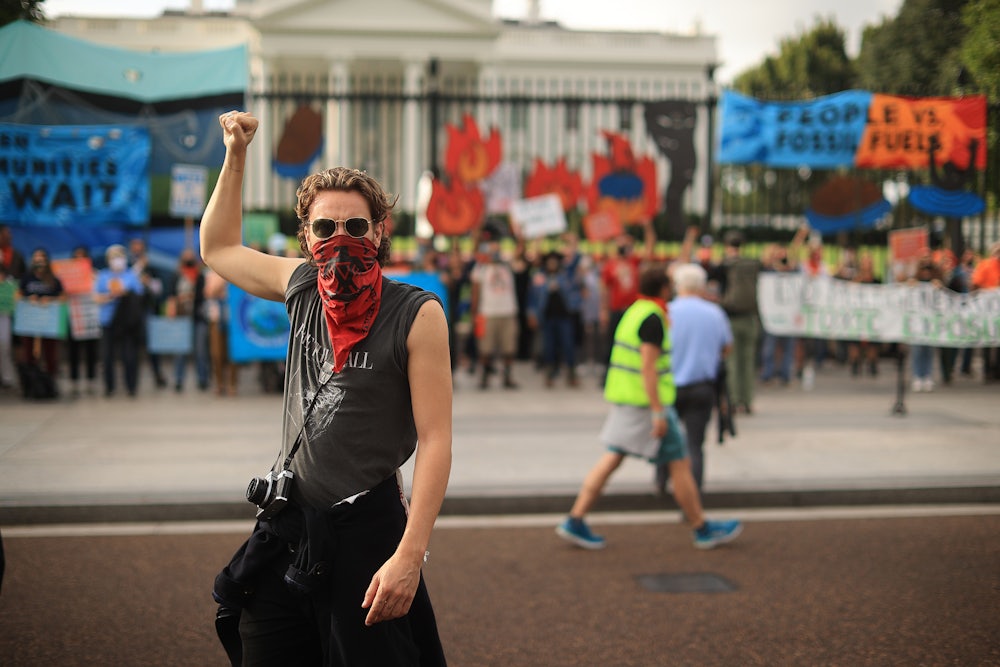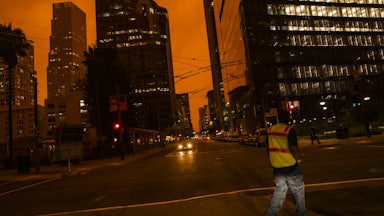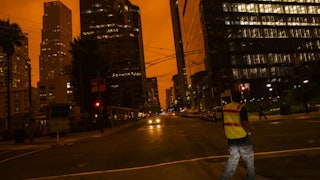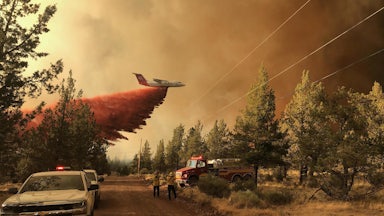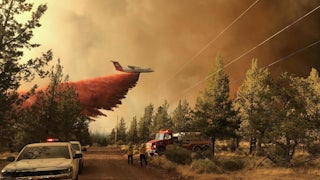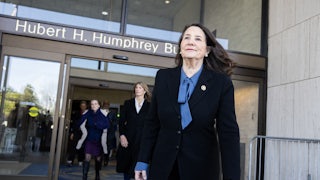I glanced at the invitation nervously, not wanting to decline but reluctant to go indoors with unvaccinated people. “Everyone invited has been vaccinated,” I read with relief but also sadness: That meant the hostess had excluded two of our closest friends. Some vaccine-refusers think the rest of us have acquiesced to government tyranny with these decisions. Then again, I also know vaccinated people who still won’t ride public transit even when masked, or send their kids to school, all of which seems excessively Covid-conscious to me.
I’m not the first to notice that in pandemic times, you’re always crazy to somebody. Whatever choices you’re making, you probably seem reckless to some people in your life and neurotically overcautious to others. The one good thing about this situation is that we can empathize. Whatever inexplicable behavior we encounter, we can remind ourselves: Sometimes I am that guy.
I’ve begun applying this insight to climate change. Upstairs from me, I have a neighbor I’ll call “Louis.” When my husband and I first moved into the building, we asked Louis about nearby supermarkets. “I don’t go to supermarkets. I shop locally,” Louis said, in a manner that I found a bit condescending. He went on to speak disapprovingly of building residents who drove to another neighborhood to shop; we felt chastened for contemplating such a thing. When some families put an electronic bug zapper in the courtyard, the better to enjoy summer evenings outside without the mosquitos, Louis objected on environmental grounds, and even stole or destroyed the device on more than one occasion.
Louis is entirely correct on the urgency of protecting the environment, but he has zero chill. Sometimes when people find me weird about climate change—either politically, because they consider other problems more urgent, or regarding personal habits, because they think I’m “extra” for avoiding airplane travel or plastic—I realize I’m Louis to them.
Thinking this way can enlarge our sympathies and make it easier to think about how to be more persuasive. Looking at disagreements on a continuum, and placing ourselves on that continuum along with others—instead of viewing our interlocutors as combatants in an us-versus-them team sport, can help us avoid the most off-putting tendencies of our own side: the self-righteous certainty that we know best, the assumption that everyone other than us is a decadent or apathetic dolt. It helps us to argue more agreeably, protecting our relationships in a polarized and polarizing society. But there are limits to the analogy between the pandemic and the climate.
For one, the consensus on what individuals can do to help stop Covid-19 is clear: Get fully vaccinated. Wear a mask in some situations. Test whenever you’re exposed or have symptoms, quarantine if you test positive. If everyone did those things, we would be further along in ending the pandemic; indeed, the progress we’ve made on Covid-19 has only occurred because so many have followed these instructions. There are government policies that are needed, too—paid sick leave, an end to global vaccine apartheid—but most of the conversations with our fellow citizens focus on what we can do, because our actions matter and there are only a few actions that will help. Also, we have some degree of control over our own safety through our own choices to get vaccinated or wear a mask or decline certain invitations. So when others want to wear three N-95 masks outdoors, doomscroll for news of the next variant, or host orgies in their homes, we might roll our eyes, but we can also let it go.
The climate change issue is not the same. There are so many things we ought to do, as individuals, that it’s easy to become overwhelmed by them, while at the same time, it feels as if there’s nothing we can do that will make a difference.
We’ve been berated about individual climate actions for years—avoid meat, use different light bulbs, have fewer children, reject fast food and fast fashion—everything we do is wrong because so many sectors of our society have contributed to the problem. Unlike with the pandemic, the list of changes we should make in our own lives can’t be reduced to three or four manageable actions. This is one of many reasons climate despair is intertwined with guilt, especially for many in prosperous Western countries.
And all these actions come with the hint of futility, given that none of them will shield us or our loved ones from the effects of climate change without much broader government action. While we can mitigate our own Covid risk and help our communities stay healthy with vaccines and masks, no amount of virtuous living will prevent the massive extinction crises and other climate disasters we’re facing. This is a collective problem with a collective solution.
By collective, I mean “political.” There’s no way to solve climate change without freeing our political system from the money and influence of the fossil fuel industry. But one reason we fixate instead on our individual earth-destroying habits is that politics can seem hopeless. We feel powerless against the infrastructure and lobbying power of Big Oil and gas. Many millions of people have voted against crazy climate-denialist politicians, yet the structure of the Senate and the power of the fossil fuel industry still stands in the way of meaningful change.
At a protest I attended last week organized by Democratic Socialists of America, of which I am a member, activists demanding that New York Governor Kathy Hochul fund renewable energy and public power chanted, “They’ve got money, we’ve got people”—“they” referring to the fossil fuel lobby. This is true, but “we” need more people, not in passive agreement, not just voting for Democrats or eschewing plastic straws but mobilized for action.
And this points back to the desperate need for radical empathy, despite our very human frustration with our neighbors. We need empathy right now—not just to help us endure low-stakes conversations or be more effective than Louis in getting the bug zapper out of the courtyard. We must use it as a superpower for political persuasion, to explain why it’s important to vote against anyone blocking climate policy—whether Republicans or centrist Democrats—to agitate for publicly owned energy, donate to politicians who support the Green New Deal, and show up to every climate protest you can. Righteous anger is useful in demonstrations, as a form of pressure to counteract that from lobbying interests. But it’s much less effective one on one, which is where research suggests the political persuasion that leads people to vote or show up to protests takes place. There’s ample evidence at this point that many people can be persuaded of the urgency of climate change. But then they—we—have to be talked into acting on that understanding, in serious ways.
At the end of last week’s protest over renewable energy, activists, some of whom are running for office this year, sat in the street in front of the governor’s Manhattan office and were arrested. Convincing each other to take these kinds of risks to fight the existential risk hanging over us all is an even heavier persuasive lift than vaccination, which currently dominates most discussions about persuasion techniques. But it might matter even more in the long run.
